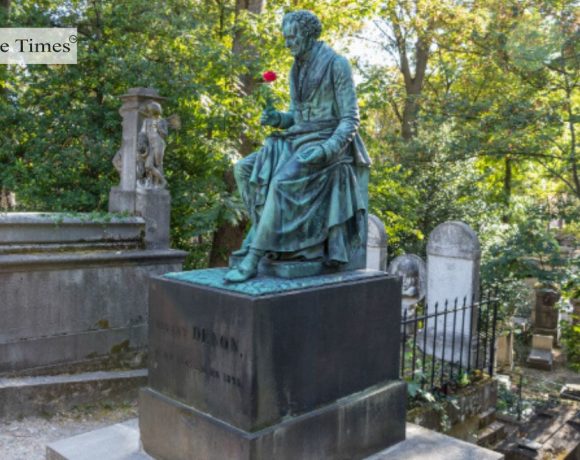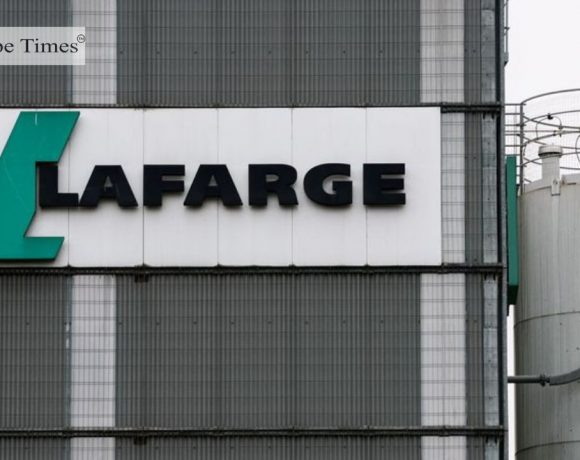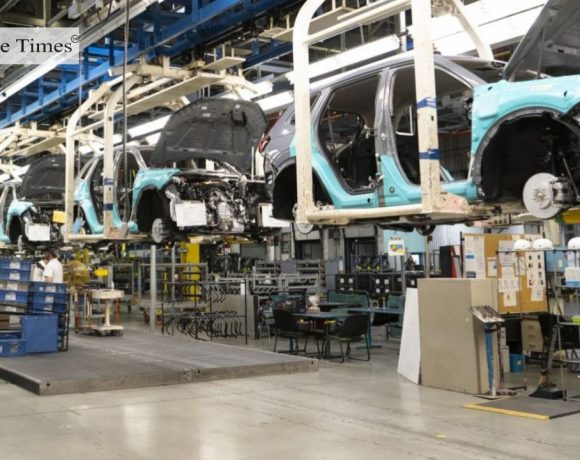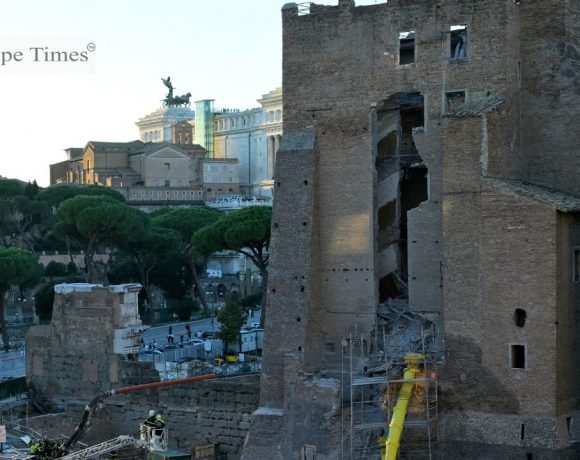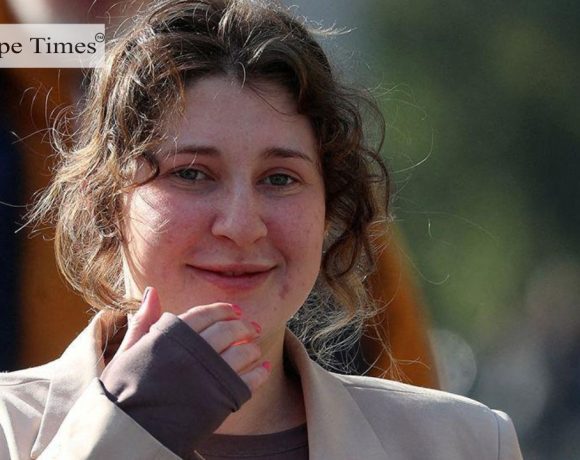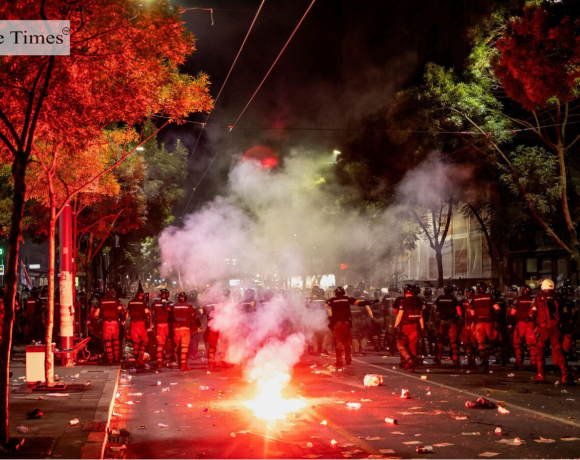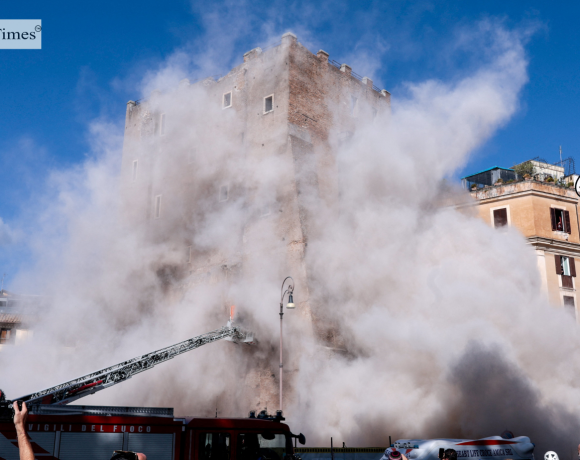
The world witnessed a celebration of elegance and cultural brilliance as Angel Bianca Agustin from the Philippines won the coveted SAJ Group Hotels & Resorts DQUE Watches Miss Asia Global 2025 title at a glittering gala in Kerala, India.
Kavya Bali from India was named Miss Asia 2025, while Neha Balqiz (UAE) and Ashwarea Ullas (Kuwait) emerged as first and second runners-up.
Organized by Pegasus Global Pvt Ltd and led by Dr. Ajit Ravi, the event showcased a seamless fusion of creativity, inclusivity, and grandeur. The winner was crowned by last year’s titleholder, Tamanna Bharat. Sajan Varghese (CMD, SAJ Group of Hotels) crowned the Miss Asia 2025 winner, Mini Sajan (CEO, SAJ Group of Hotels) crowned the first runner-up, and Dr Jolly Antony (Chairman, Vibe Munnar Resorts & Spa) crowned the second runner-up. The coronation took place in the presence of Pegasus founder Dr. Ajit Ravi. Beautiful contestants from various parts of the world were selected through auditions for the Miss Asia Global 2025 grand finale.
The esteemed judging panel included Punam Chetry (Fashion Influencer, Designer & Model), Aileena Catherin Amon (Miss Glam World Runner-up, Model & Actress), Tamanna Bharat (Miss Asia Global 2024 & Model), Tereza Zakova (Miss Glam Universe 2024 & Miss Asia Global Runner-up 2024), and Varsha Reddy (Mrs Glam World 2025 & Model). The magnificent crown, a masterpiece of craftsmanship, was designed by Preethi Parakkat of Parakkat Jewellers.

Subtitle Titles
- Fashionista – Indonesia (Agnes Elycia Natalie)
- Talent – Czech Republic (Klara Hruba)
- Inspiring – Taiwan (Huang Chu Fei)
- Vivacious – France (Maeva Balan)
- Ramp Walk – Bashkortostan (Rozaliia Nizamova)
- National Costume – Philippines (Angel Bianca Agustin)
- Vee Kay Vees Gourmet Queen – Bashkortostan (Rozaliia Nizamova)
- Congeniality – New Zealand (Shereen Bakshi)
Supported by SAJ Group Hotels & Resorts and DQUE Watches as main partners, the event was powered by Manappuram Finance Ltd, Alcazar Watches, Green Media, Parakkat Resorts, VIBE Munnar, DQUE Soap, and DQUE T-shirt.
Co-partners included Kalpana International, Aiswaria Advertisements, FICF, Unique Times, Europe Times, Times New, UTWorld, uniquetimes.org, Padikkal Travels Pvt Ltd, Image Factory, VPS Lakeshore, Vee Kay Vees Caterers, Akshay Inco, and JD Institute of Fashion Technology.
Contestants from diverse cultures illuminated the stage, creating an evening that celebrated harmony, strength, and the power of women to inspire across borders. With each edition, Pegasus Global Pvt Ltd reinforces its mission to promote cross-cultural appreciation, tourism, and women empowerment through intellect and individuality.
Picture Courtesy: Pegasus Photography (Images subject to copyright)

